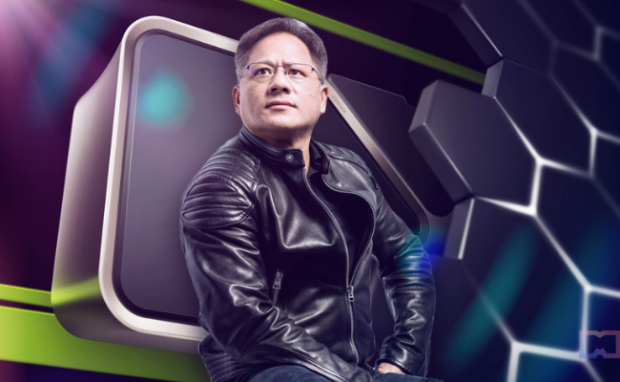Elon Musk: AI will ensure ‘no job is needed’ in the future
Elon Musk shared a surprising statement during the world’s first AI Summit. During his exclusive interview with UK Prime Minister Rishi Sunak, he said artificial intelligence could become the “most disruptive force in history. As a result, we might come to “a point where no job is needed.” In response, many experts debated the possibility and impact of such a future.
Many feared artificial intelligence would take over everyone’s jobs, but most probably didn’t expect that transition to happen soon. Yet, here is Elon Musk, one of the most prolific figures in the tech industry, declaring that AI may remove labor for everyone worldwide. This future may happen soon, so we must understand its potential ramifications on our lives.
This article will discuss Elon Musk’s intriguing statement regarding an AI future without jobs. Later, I will elaborate on his words by sharing opinions from other tech experts.
What did Elon Musk say about an AI future?
Elon Musk attended the first-ever AI Summit along with several other experts and world leaders. He and the United Kingdom’s PM eventually had a discussion on the event’s stage.
Musk said this technology could become the “most disruptive force in history.” The CEO added, “We will have something that is, for the first time, smarter than the smartest human.”
“It’s hard to say exactly what that moment is, but there will come a point where no job is needed. You can have a job if you want to have a job for personal satisfaction. But the AI would be able to do everything.”
After a 5-second pause, Sunak replied, “I don’t know if that makes people comfortable or uncomfortable.” In response, he and the audience laughed nervously at the surprising prediction.
Elon Musk initially petitioned against AI development during ChatGPT’s early days. In March 2023, he and other tech experts signed the “Pause Giant AI Experiments: An Open Letter.” It posed the following questions:
- Should we let machines flood our information channels with propaganda and untruth?
- Should we automate away all the jobs, including the fulfilling ones?”
- Moreover, should we develop nonhuman minds that might eventually outnumber, outsmart, obsolete, and replace us?
- Should we risk the loss of control of our civilization?”
You may also like: How to report a Facebook hack
The petition concluded by urging AI laboratories to pause artificial intelligence development for at least six months. Consequently, the world could implement proper planning and management of the technology.
Yet, Musk was one of the early investors of OpenAI, the creator of the world-renowned ChatGPT. Also, he made an artificial intelligence company called xAI.
On November 4, 2023, he announced on the X social media platform he would launch the early beta version of xAI’s Grok system to all X Premium+ subscribers.
How did other experts respond to this ‘AI future?’

Many tech industry figures responded to Elon Musk’s predictions. Nvidia CEO Jenson Huang was one of them. Nowadays, his company produces AI microchips that facilitate artificial intelligence research worldwide.
Hence, the ongoing AI trend has been helping his US-based firm grow. Yet, he doesn’t believe AI will make jobs obsolete. “My sense is that it’s likely to generate jobs,” he said, according to Yahoo Finance.
“The first thing that happens with productivity is prosperity. When the companies get more successful, they hire more people because they want to expand into more areas.”
“My sense is that it’s likely to generate jobs,” he said. “The first thing that happens with productivity is prosperity. When the companies get more successful, they hire more people because they want to expand into more areas.”
A common line of thinking, he noted, is that if a company improves productivity with AI, then it will employ fewer people. But that assumes a company will have no new ideas, he said, and “that’s not true for most companies.”
You may also like: How to cancel your Amazon Prime
“So long as there are more areas to expand into—new ideas in transportation, retail, entertainment, technology, and drug discovery—the prosperity that comes from improved productivity results in more people being hired.”
“I think jobs will change, [but] my guess is that we’ll actually have higher employment. We’ll create more jobs,” he added. Also, The Guardian also shared a statement from social science professor Brendan Burchell.
A world without work “is a terrible idea of what society would look like for all sorts of reasons, as well as people’s mental health.” However, the labor market and the education system must evolve “to teach people how to fill their days, by writing poetry or going fishing or whatever, instead of going to the factory or the office.”
Conclusion
Tesla CEO Elon Musk claims artificial intelligence will bring a future that does not require anyone to work. In response, many debated his controversial statement.
Nevertheless, AI programs will eventually become more advanced than we could imagine. Also, tech experts have been pairing them with robots, ensuring they can perform manual labor.
Should we let the machines do everything for us? What should our AI future look like? Learn more about this growing global digitalization at Inquirer Tech.